“Sweet Home” (스위트홈)

“Sweet Home” has some incredible highs. But unlike “Kingdom” or “Uncanny Counter,” where action supplements the storyline, “Sweet Home” has too much mediocre filler to make it a truly great K-drama.
Journalist, Author & Syndicated Columnist

“Sweet Home” has some incredible highs. But unlike “Kingdom” or “Uncanny Counter,” where action supplements the storyline, “Sweet Home” has too much mediocre filler to make it a truly great K-drama.
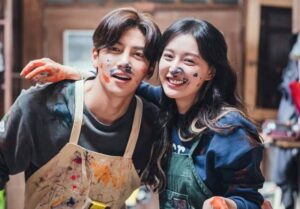
Most of the characters in “Lovestruck in the City” would’ve benefited with some therapy to work things through and move on from unhealthy relationships that should’ve been severed early on.

“Let’s Eat” offers some of the best mouth-watering food scenes I’ve ever seen in any series. But is there more?
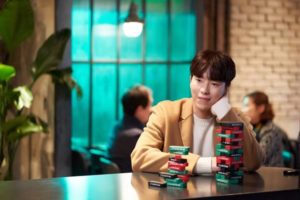
What “My Holo Love” gets across is that people are lonely and long for human companionship.
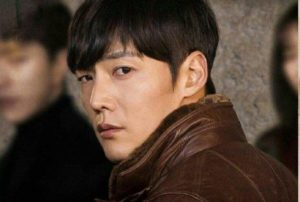
Like many of the characters in this series, Gwang-ho is a bit of an idiot. Instead of quietly sneaking up to nab the various culprits, he constantly yells out his plans to catch the 새끼/saekki (or son of a bitch), giving the aforementioned 새끼 plenty of time to escape.

The saving grace of “Come and Hug Me” is that it drives home the point that bloodlines don’t define who you are or who you will become — and that just because you passed your DNA onto a child, that doesn’t make you a good parent.
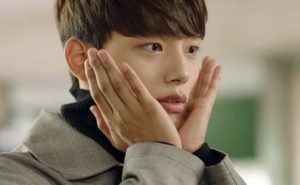
At its core, “Absolute Boyfriend” isn’t about whether the female lead would choose a robot over a human being. Rather, it’s about longing for the robot’s human traits that are lacking in too many people today.

“Angry Mom” brings up the question of whether it’s OK to be a bully, if you are standing up for the rights of the weak.

“Five Fingers” is what I categorize as a “Melrose Place” series, where an evil character treats people like garbage, but viewers are expected to root for them, because they occasionally show signs of humanity. No. Just no!
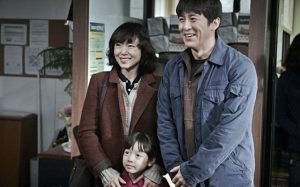
The first Korean film to be shot in the Caribbean, “Way Back Home” was shot in a real women’s prison, with some of the actual guards and detainees serving as background characters. The filmmakers clearly believe that while Jang Mi-Jeong (the woman on whom the movie is based) may have been guilty, her crime was less egregious than the way the Ministry of Foreign Affairs handled her case.

What would you do if you knew that you had three months left to live? Would you spend it with the ones you love, or would you try to right the wrongs in which you played a part? That’s the dilemma for Korea’s top Hallyu star Joon-Young, who is dying. I don’t feel bad about revealing this bit of information, because it’s revealed early on in this series.

A blockbuster hit in Korea, “Thieves” features an all-star cast that includes Jun Ji-Hyun and Lee Jung-Jae. (The duo shared the big screen in the 2000 film “Il Mare” — the film that was later remade as “The Lake House” with Keanu Reeves and Sandra Bullock.)

This 2015 Korean rom com is very pleasant on the eyes. The leads — Bang Sung Hoon (“Oh My Venus”) and Kim Jae Kyung — both have model good looks and share some really fun scenes. Though you know going in that the poor-nice-girl-meets-rich-cold-boy storyline will end with a wedding, I was happy to be on board. But, the main problem I had with this short series was the insufferable control issues that were played off as cute, rather than creepy.

“Doggy Poo” is based on Kwon Jung-saeng’s 1968 children’s book of the same name. During that time period, South Korea was still in the process of recovering from the Korean War. It was still decades away from becoming the high-tech, wealthy country it is today. And I can’t help but wonder if the book wasn’t an allegory for how its citizens must sacrifice themselves (brutal work conditions, relentless hours spent studying at school) for the greater good of the country.
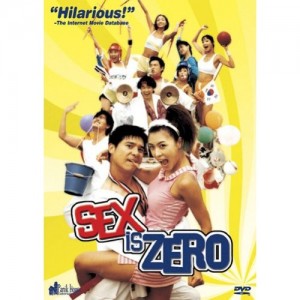
Sex Is Zero is to South Korea what Porky’s, American Pie, and Fast Times at Ridgemont High are to the United States. The Korean film has all the classic elements of a sex comedy: gratuitous breast shots, unusual use of bodily fluids, and a plot that’s secondary to the physical comedic skills of the actors.